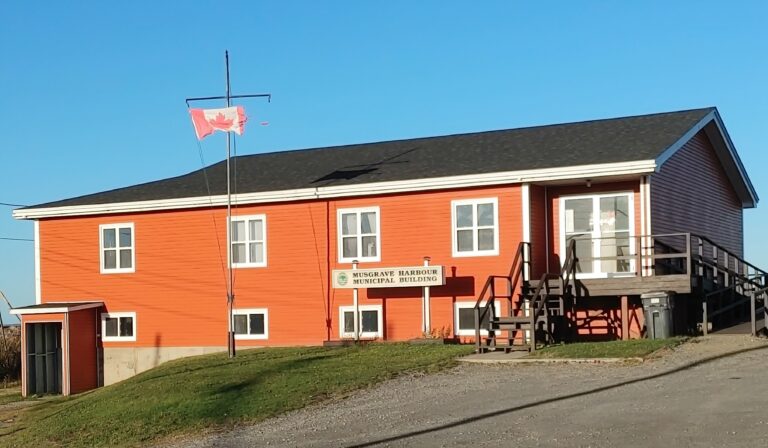The Justice Centre has been granted leave to intervene at the Court of Appeal of Ontario, January 21 and 22, to defend the Charter rights of medical practitioners.
The Christian Medical and Dental Society of Canada (“CMDS”) and others are challenging the College of Physicians and Surgeons of Ontario (the “CPSO”) over CPSO policies that require medical practitioners to (1) provide “an effective referral” for medical procedures and services, even if those services conflict with a doctor’s conscientious or religious beliefs, and even to perform such services when “necessary to prevent imminent harm”; and (2) provide “an effective referral” for physician-assisted suicide, also known as Medical Assistance in Dying (“MAID”).
The Superior Court of Justice of Ontario heard this case on June 13-15, 2017. The Justice Centre’s argument in the lower court focused on the Supreme Court of Canada’s repeated rulings that there is no Charter right to health care; there is therefore no Charter right to any medical procedure, including MAID. Further, there is no right, Charter or otherwise, to demand that an individual doctor perform or provide an “effective referral” for a specific medical procedure or service that violates that doctor’s conscientious or religious beliefs. On the contrary, doctors have protected conscience and religious rights under section 2(a) of the Charter, and government bodies like the College are required to respect those Charter freedoms.
The lower court ruled in favour of the College on January 31, 2018.
The Justice Centre’s appeal factum focuses on three key errors made by the lower court in its ruling: that it 1) too broadly defined the effective referral requirements and therefore immunized the effective referral requirement from challenge under the Oakes test; (2) failed to properly define “equitable access to healthcare” thereby making the Oakes test unworkable; and (3) found that Canadians have a Charter right to equitable healthcare.
The Oakes test, created by the Supreme Court of Canada in the 1986 case of R v Oakes, interprets section 1 of the Canadian Charter of Rights and Freedoms, the “reasonable limits clause,” to mean that the government must establish that the benefits of a law outweigh its violation of a Charter right.








